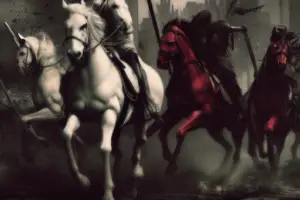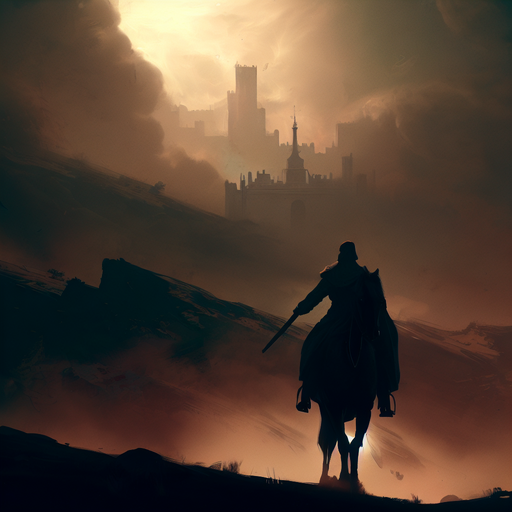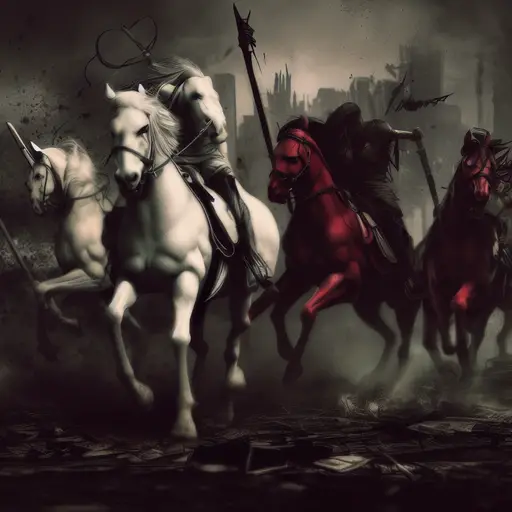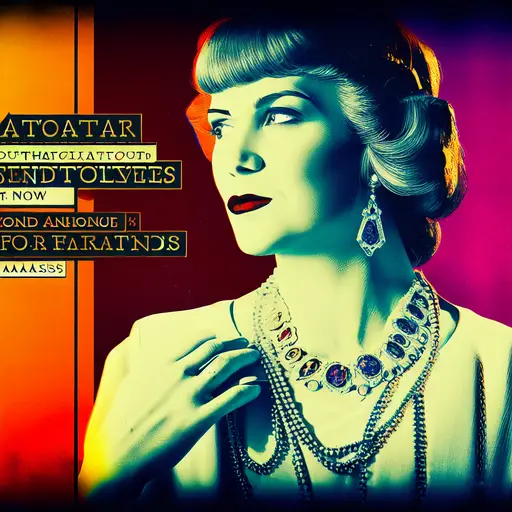In the bustling town of Brienne-le-Château, a young Napoleon Bonaparte can be seen running through the streets, his restless energy undeniable. His father, a stern Corsican lawyer, wants him to follow in his footsteps, but Napoleon has a hunger for something more. He dreams of something bigger – of conquering lands and leading armies. And though he’s met with ridicule and disdain, his fierce determination never wavers.
Years later, he enrolls in a military academy and quickly rises through the ranks. His strategic brilliance in battle earns him numerous victories, and with each triumph, his ambition grows. But as his power increases, so does his ego. He becomes increasingly ruthless, a tendency that his enemies did not take lightly.
Back in Brienne, a young woman named Josephine comes into Napoleon’s life. She’s everything he’s ever wanted – beautiful, intelligent, and charming. But she’s also married to a wealthy man, and Napoleon’s desire for her only fuels his already-dominant nature. Josephine becomes his mistress, but the relationship is fraught with danger.
As Napoleon’s conquests continue, he grows increasingly paranoid. His own men begin to question his motives, and when he is betrayed by a close ally, he finally realizes the consequences of his actions. He realizes that he has become the very thing he despises – a tyrant.
But it’s too late. His enemies are closing in, and despite his military prowess, Napoleon is defeated at the Battle of Waterloo. Josephine is taken by the victorious allies, leaving Napoleon alone and broken. He is exiled to the island of Saint Helena, where he spends the rest of his days reflecting on his past.
The story of Napoleon is one of ambition, power, and the corrupting influence of both. It’s a cautionary tale about the pursuit of greatness, and the price that must be paid along the way. But it’s also a story of love and longing, of a man desperate for a connection in a world that constantly pushes him away.
The town of Brienne-le-Château serves as the perfect backdrop for this story. Its narrow streets and ancient buildings serve as a stark contrast to the grandeur of Napoleon’s military conquests. In this small town, where everyone knows each other’s business, Napoleon’s ambitions seem larger than life.
The character of Napoleon himself is both compelling and terrifying. He’s a man who’s been told his entire life that he’ll never amount to anything, and he will do anything to prove his detractors wrong. But his pride and ego ultimately lead to his downfall, and he’s left with nothing but regret.
Josephine is just as fascinating a character. She’s a woman who exists on the fringes of society, using her charm and wit to navigate the treacherous waters of French aristocracy. Her relationship with Napoleon is both passionate and dangerous, but it’s clear that she understands him better than anyone else.
The scenes of battle and conquest in this story are epic, vividly capturing the chaos and violence of war. But it’s the quieter moments – Napoleon and Josephine’s stolen moments together, Napoleon’s quiet contemplation on Saint Helena – that really resonate. These scenes serve as a reminder that even the most powerful figures in history are still human, with hopes and fears just like anyone else.
At its heart, this story is about the dangers of unchecked ambition. It’s a warning that even the most brilliant minds can be corrupted by power, and that the pursuit of glory can come at a steep price. But it’s also a story about the enduring power of love, and the ways in which it can both inspire and destroy us.












